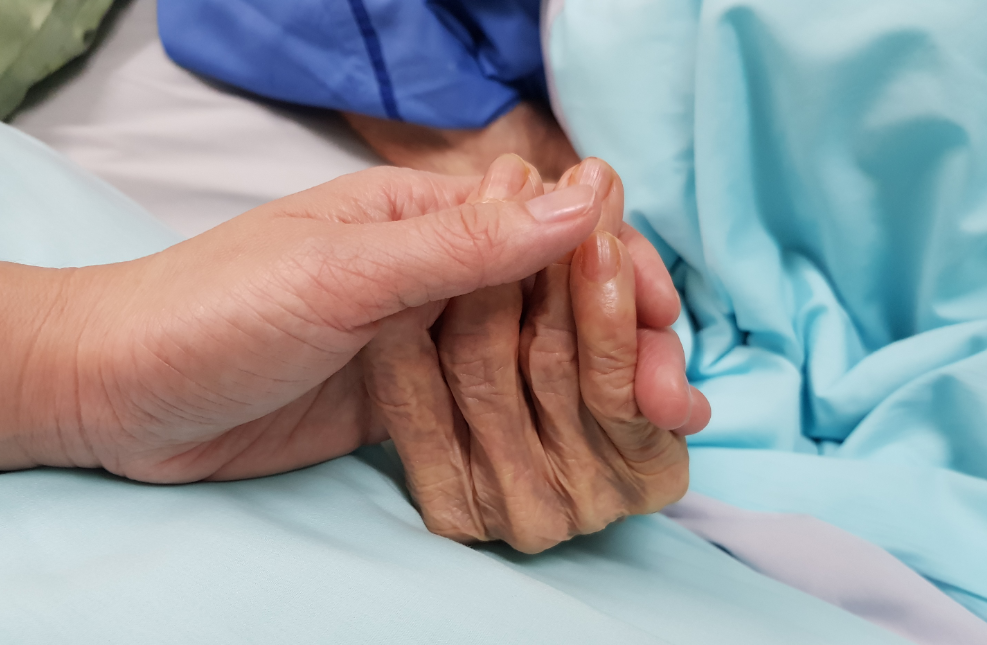Physician Aid-in-Dying: Case 2
A middle-aged woman diagnosed with acute myelogenous leukemia has refused chemotherapy for her condition. She is educated, articulate and quite aware that she will certainly die without treatment. She is upset by her diagnosis, but is not depressed. Her close family wishes she would accept treatment because they do not want her to die, but even so, they honor her refusal. She understands that her death will likely be painful and may be prolonged and requests a supply of barbiturates that she might use to take her life when the appropriate time comes.
